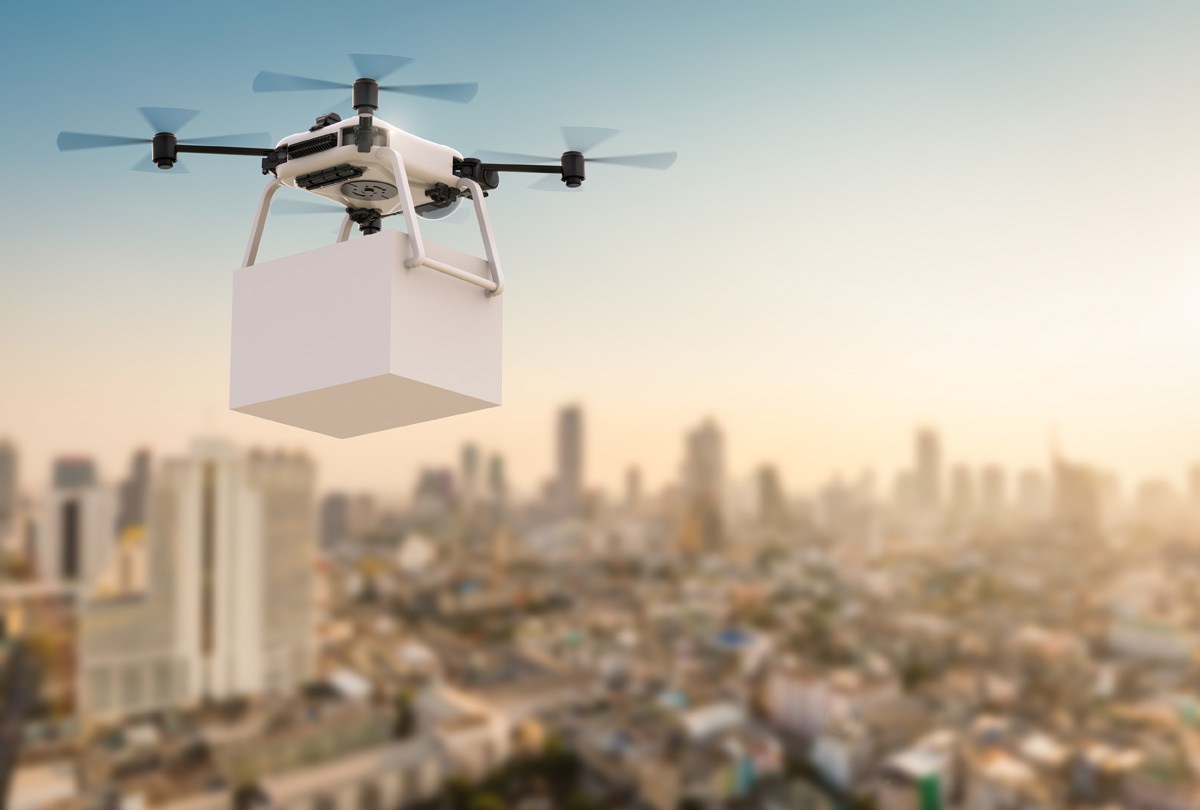The technological revolution that we are living is having a more and more powerful impact in the logistics and storage sector. Companies are selling more products online and require better and quicker delivery services, which customers value, influencing their level of satisfaction with the seller.
What’s more, many storage processes are becoming obsolete, leaving companies that traditionally lead their markets in delicate situations with an uncertain future.
This new environment is bearing witness to new logistics and storage models, such as cross-docking, which has very short or non-existent storage times: as long as is needed to deliver a package or stock without needing to pass through an intermediary. This model save costs on storage, distribution, inventory and staff, but needs to change the traditional storage model as storage spaces need to be close to city centres so they are well linked. Unlike traditional models, size is secondary, favouring versatile and flexible storage elements.
Manual loading solutions are ideal for working with products of different sizes and volumes, high levels of rotation and require solutions designed for pallets or to be managed by mechanical elements that need more surface area and whose profitability is impossible away from the industrial estates.
Changing processes, technology and updating racking and storage elements to this new reality, is therefore vital for logistic companies. Their survival depends on it in most cases, with technology being the key. In
In our experience, the main digital transformation trends for the logistics sector are:
- Combined technologies digitising the logistics value chain.
We can no longer talk about each individual technology, since many of them act together, multiplying their effect. Cloud storage (efficiency and communication), mobile (applications) and big data (customer knowledge) are the ingredients for a very explosive cocktail.
- “Customer experience” is back to being the main objective.
Following an almost universal rule in the business world, the customer is the centre of logistics services and products. That’s why customer satisfaction and loyalty are key for companies.
Digital technologies let companies understand customer user patterns, flows and demands, meaning that they can provide excellent service from the start of their business relationship and customise their experiences.
- Infrastructures are also getting smarter.
Although it may be slower than other sectors, storage infrastructures are being updated and digitised. In this context, Internet of Things technologies play an important role, which includes sensors, mobile communications, algorithms and big data.
- Any technology is perfect for the logistics world and improves it
As a sector that is close to the world of industry, there are many technologies and applications that are used in both sectors and some are developed for a specific case but can be used in other sectors: robots that automate storage and stock distribution, blockchain systems that resolve transactions or artificial intelligence that guides autonomous vehicles, are all proof that the latest technologies are gradually penetrating the sector.

